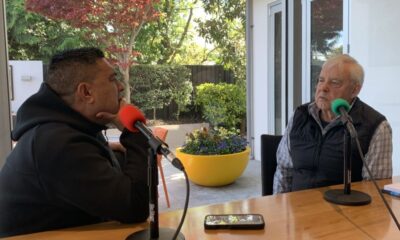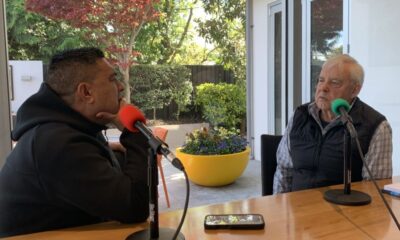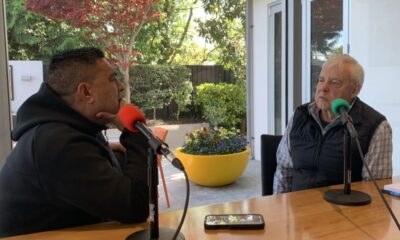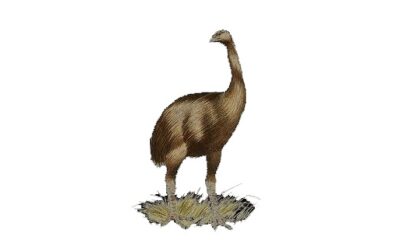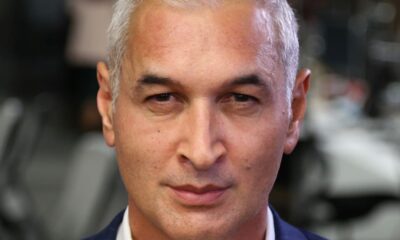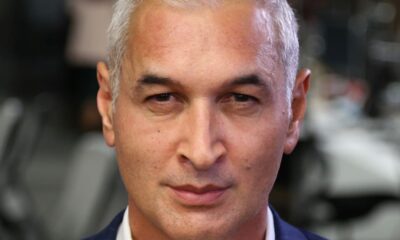Politics
Professor Atholl Anderson Explores Pacific Histories Through Archaeology
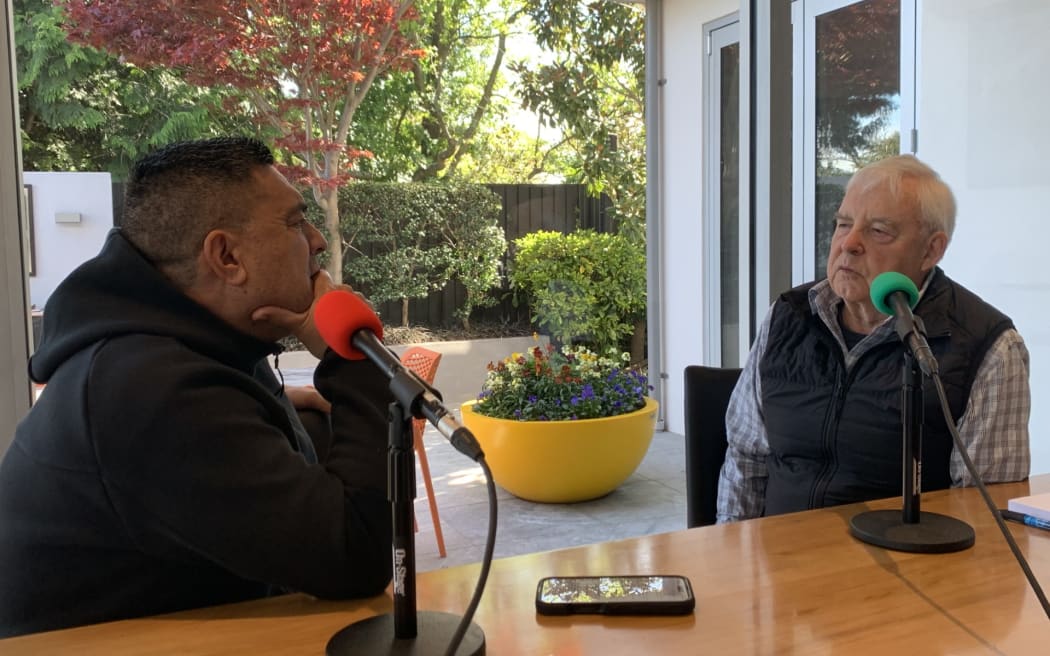
Professor Atholl Anderson, a distinguished archaeologist and historian from the Ngāi Tahu iwi, has dedicated his career to understanding the origins and migration patterns of peoples in the Pacific. Recently, he released a revised edition of his influential book, The Welcome of Strangers: A History of Southern Māori, first published in 1998. In an interview with Māpuna host Julian Wilcox, Anderson shared insights into his lifelong journey in archaeology and history.
Early Influences Shape a Scholar
Reflecting on his path, Anderson remarked that archaeology and history “chose” him, rather than the other way around. He attributed this to a combination of upbringing, personality, and formative experiences. His fond memories of visiting his grandmother in Hāwera were pivotal, as her home was filled with Māori artifacts, including pounamu pieces and traditional weapons. “I remember those from a very early age,” he said, emphasizing how these experiences laid the groundwork for his future interests.
Growing up near the Turuturu Mokai Historic Reserve, Anderson often explored the defensive ditches as a child. He also credited his history teacher at Nelson College, known as Jerp Patterson, for igniting his passion for the subject. “He made history just so interesting and alive,” Anderson recalled, highlighting the impact of inspiring educators on young minds.
A Focus on the Pacific
After spending time working abroad in Scandinavia, Anderson returned to New Zealand, shifting his focus towards the rich history of Aotearoa and the Pacific. “There’s always been exciting things about the Pacific,” he stated, underlining the significance of understanding how ancient peoples navigated vast oceans and established communities. He likened this exploration to observing a new world being created, where the introduction of people led to dynamic cultural exchanges.
Anderson enjoys studying the “margins” of cultural history, where the impacts of human interaction with new environments can be most clearly observed. His work on Enderby Island in the Auckland Islands exemplifies this approach. Through excavation, he investigates the survival of Māori culture in these extreme settings, discovering challenges faced by communities on the climatic edge.
As his career progressed, a desire to engage more deeply with the history of his own iwi emerged. “In Māoridom, there are concerns about archaeology,” he noted, acknowledging the sensitivities surrounding ancestral sites and the fears of what might be uncovered. He emphasized the importance of careful dialogue about the benefits that archaeological work can bring to communities.
Anderson also played a significant role in the Ngāi Tahu claim at the Waitangi Tribunal starting in 1987, where he focused on research related to mahinga kai, traditional food-gathering practices. He described the period as “marvellous,” as it fostered unity within the iwi.
In discussing the relationship between archaeology and history, Anderson pointed out that archaeology often lacks the personal connection of historical narratives. “Archaeology is anonymous,” he explained, lamenting the difficulty of bridging the gap between the two disciplines. Yet, he remains optimistic, stating, “Now, we are starting to get close to it.”
As Professor Anderson continues his exploration of Pacific histories, his work not only enriches academic discourse but also contributes significantly to the cultural heritage of the Ngāi Tahu iwi and beyond.
-

 World2 weeks ago
World2 weeks agoPrivate Funeral Held for Dean Field and His Three Children
-

 Top Stories2 weeks ago
Top Stories2 weeks agoFuneral Planned for Field Siblings After Tragic House Fire
-

 Sports3 months ago
Sports3 months agoNetball New Zealand Stands Down Dame Noeline Taurua for Series
-

 Entertainment3 months ago
Entertainment3 months agoTributes Pour In for Lachlan Rofe, Reality Star, Dead at 47
-

 Entertainment2 months ago
Entertainment2 months agoNew ‘Maverick’ Chaser Joins Beat the Chasers Season Finale
-

 Sports3 months ago
Sports3 months agoSilver Ferns Legend Laura Langman Criticizes Team’s Attitude
-

 Sports1 month ago
Sports1 month agoEli Katoa Rushed to Hospital After Sideline Incident During Match
-

 World3 weeks ago
World3 weeks agoInvestigation Underway in Tragic Sanson House Fire Involving Family
-

 Politics2 months ago
Politics2 months agoNetball NZ Calls for Respect Amid Dame Taurua’s Standoff
-

 Top Stories2 weeks ago
Top Stories2 weeks agoShock and Grief Follow Tragic Family Deaths in New Zealand
-

 Entertainment3 months ago
Entertainment3 months agoKhloe Kardashian Embraces Innovative Stem Cell Therapy in Mexico
-

 World4 months ago
World4 months agoPolice Arrest Multiple Individuals During Funeral for Zain Taikato-Fox

